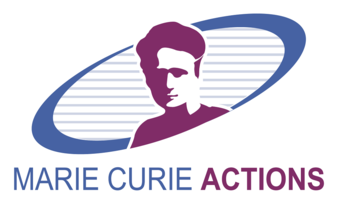
What is the project about?
Human-made chemicals, including pesticides, persistent organic pollutants (POPs), plastics, and plasticizers continue to build up in the natural environment and recently evidence emerged that this contamination can have subtle effects on the behavior of aquatic organisms. Behavioral changes in feeding, mating, and diurnal activity can have profound impacts on the population structure and ecosystem functioning and, as shown in fish, can occur already at low exposure concentrations. However, despite their importance for organismal health and success, the biological mechanisms leading to such behavioral changes are largely unknown.
The NRgCod project proposes that disruptions in processes vital to energy metabolism, such as lipid and glucose metabolism, are mediating certain behavioral changes. Therefore, the NRgCod project will aim to establish the link between contaminants that disrupt energy metabolism and behavioral changes in a commercially important and iconic species of the North Atlantic, the Atlantic cod. Generating a comprehensive understanding of mechanisms and related behavioral outcomes will enable us to integrate sensitive, yet underappreciated, endpoints in risk assessment to prioritize mitigation actions.
Methods
The NRgCod project will advance the field of environmental toxicology by applying the adverse outcome pathway (AOP) concept in the sentinel species Atlantic cod, which tend to accumulate energy metabolism disrupting contaminants in their fatty liver. The project will use the precision-cut liver slicing technique and develop in-vitro luciferase reporter assays to identify nuclear receptor activity after exposure to such contaminants and link these effects to behavioral changes.
Why should we care?
The NRgCod project is expected to develop an initial Adverse Outcome Pathway (AOP) in an ecologically relevant species, the Atlantic cod. This is a relatively new field of research but highly relevant to develop science-based solutions to assess environmental risks of ongoing and future ocean pollution. The tools developed during the project can be of relevance for monitoring purposes established by the EU legislated Marine Strategy Framework Directive (MSFD) and contribute to decision making to prevent the release of hazardous compounds or keep their production at bay.

The NRgCod project is supported by a Marie Skłodowska-Curie Actions (MSCA) individual fellowship, grant agreement Number 101023171. The content of this website reflects only the author’s view and the Research Executive Agency is not responsible for any use that may be made of the information it contains.